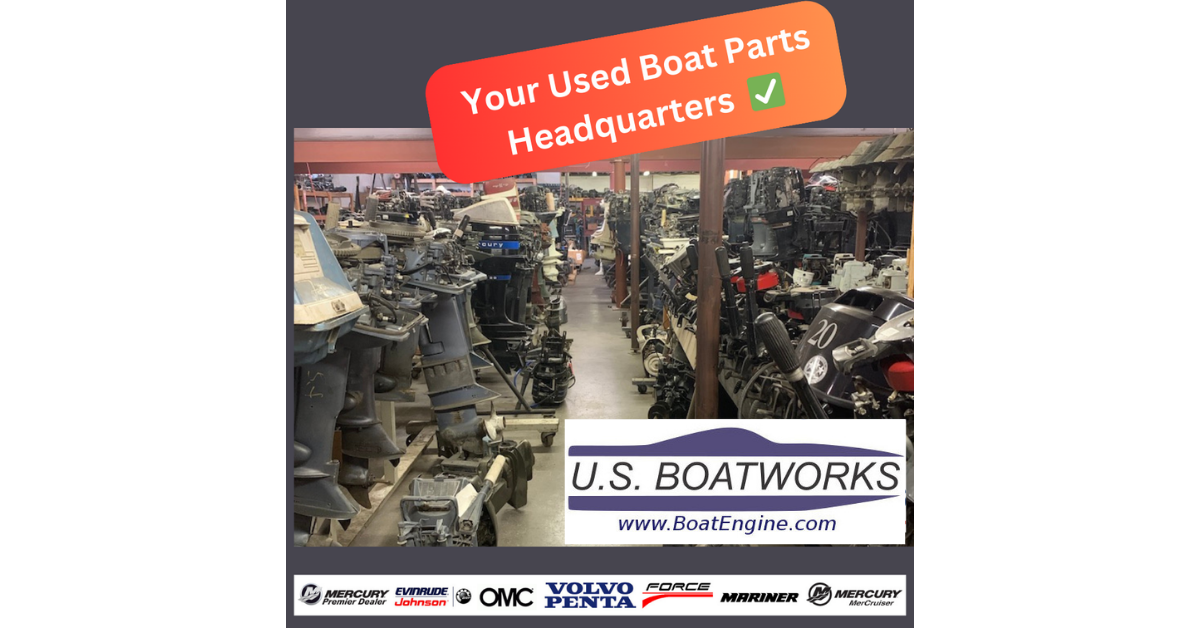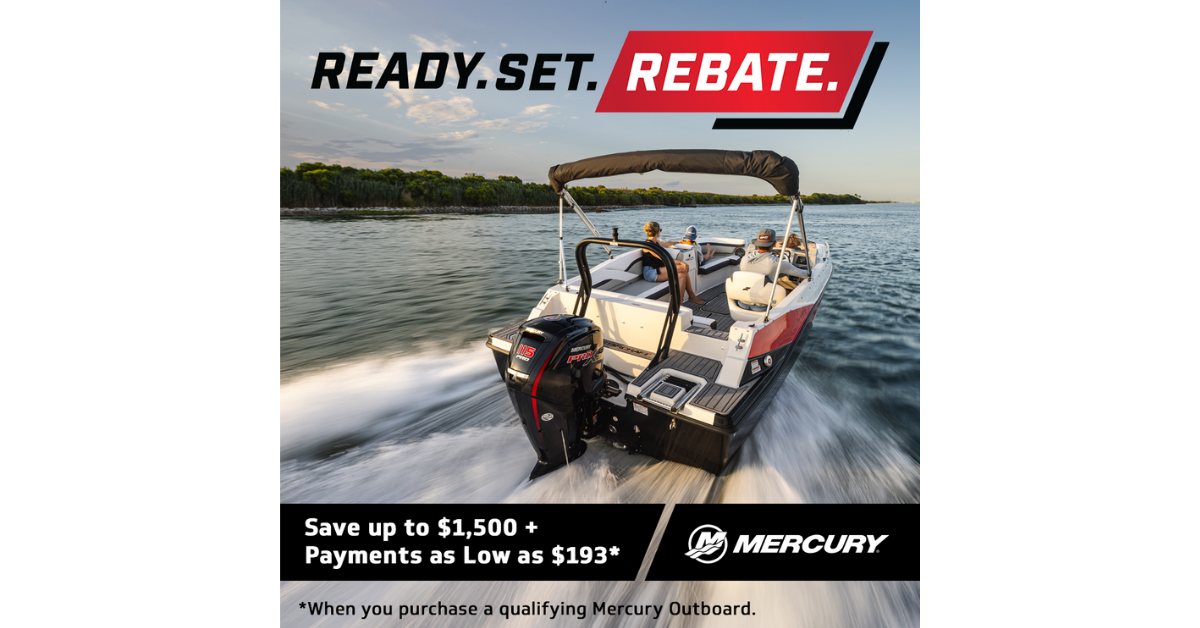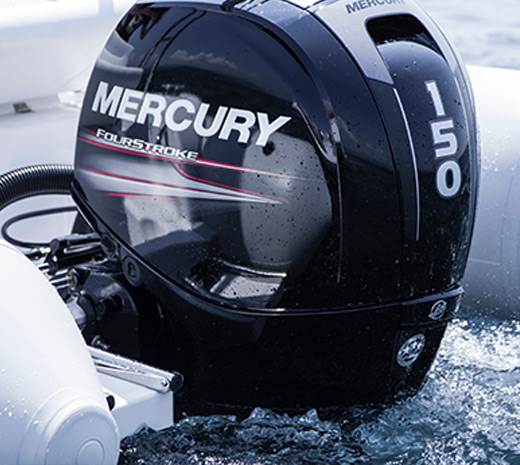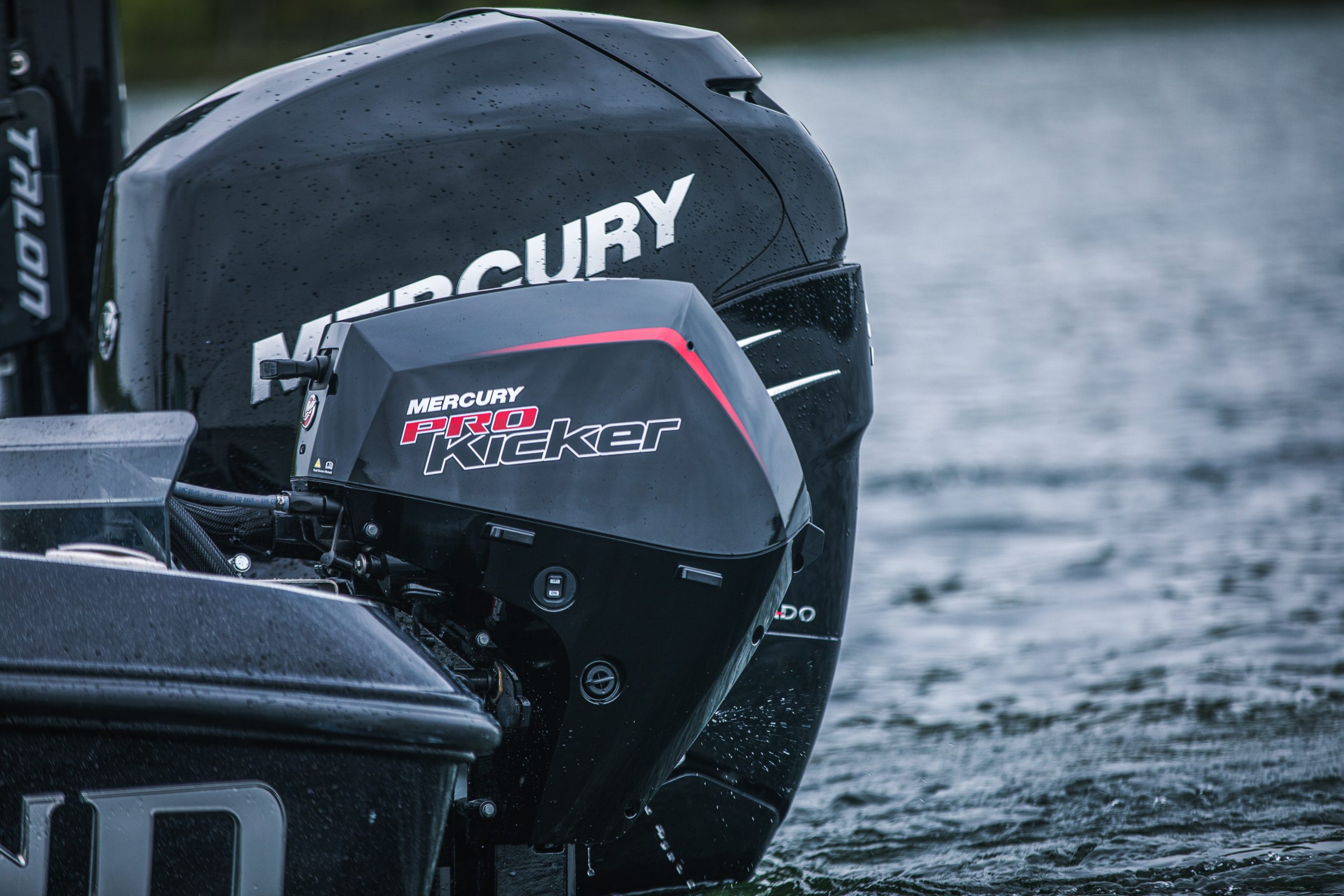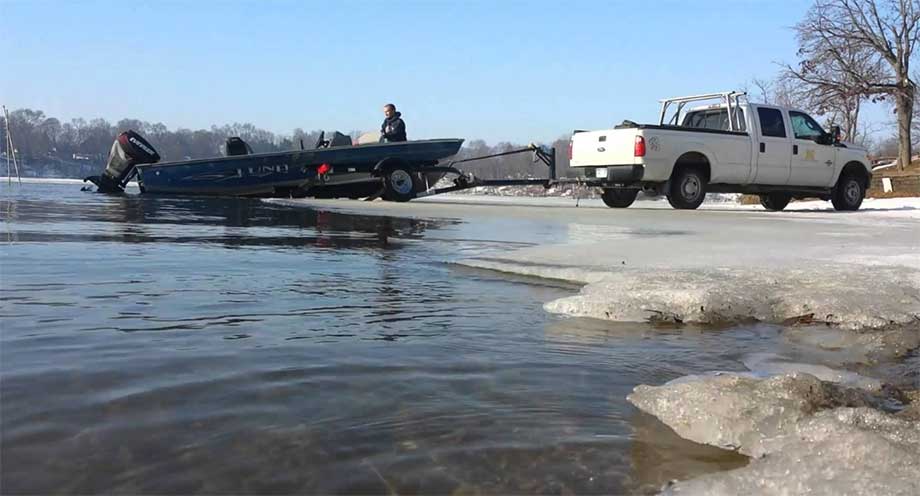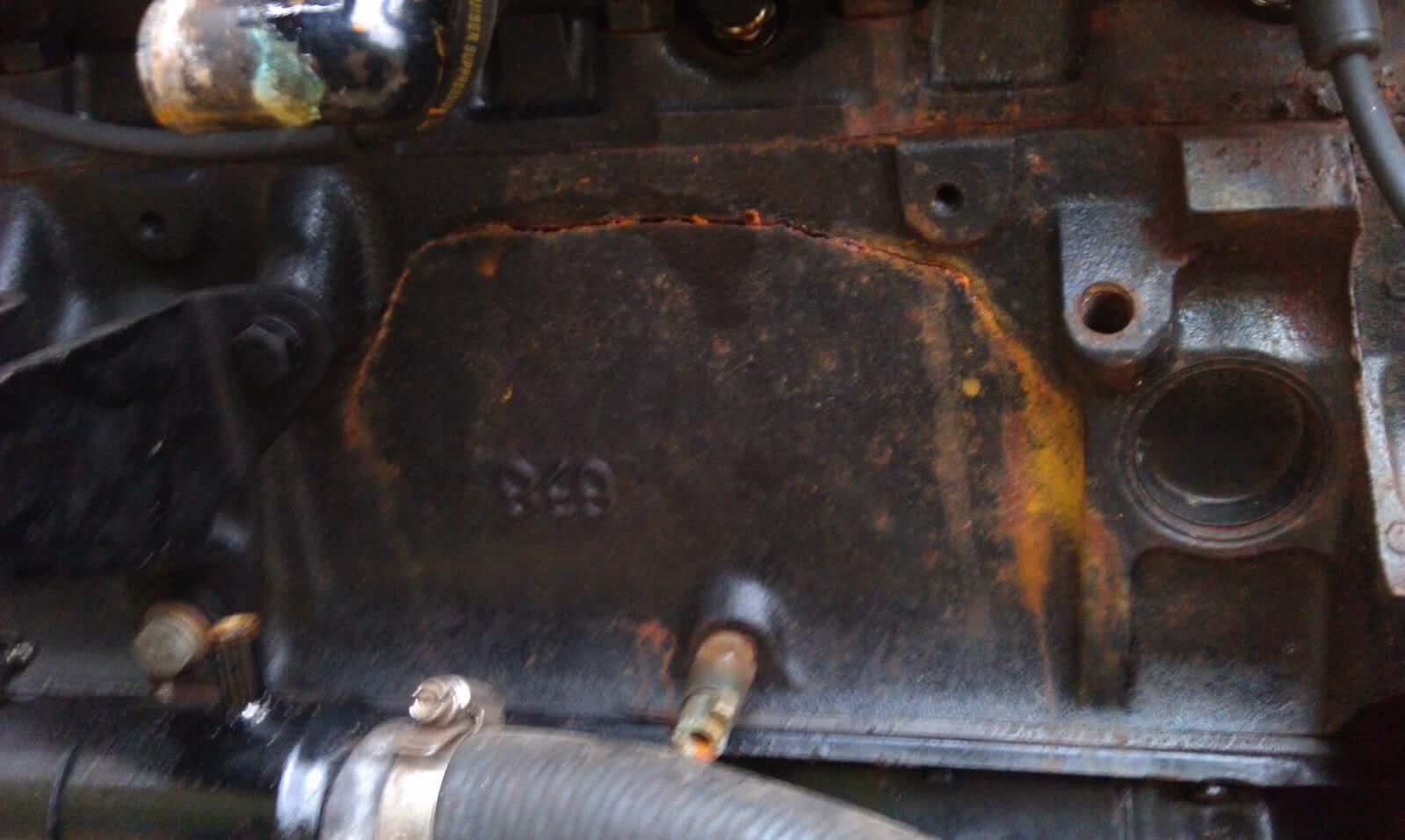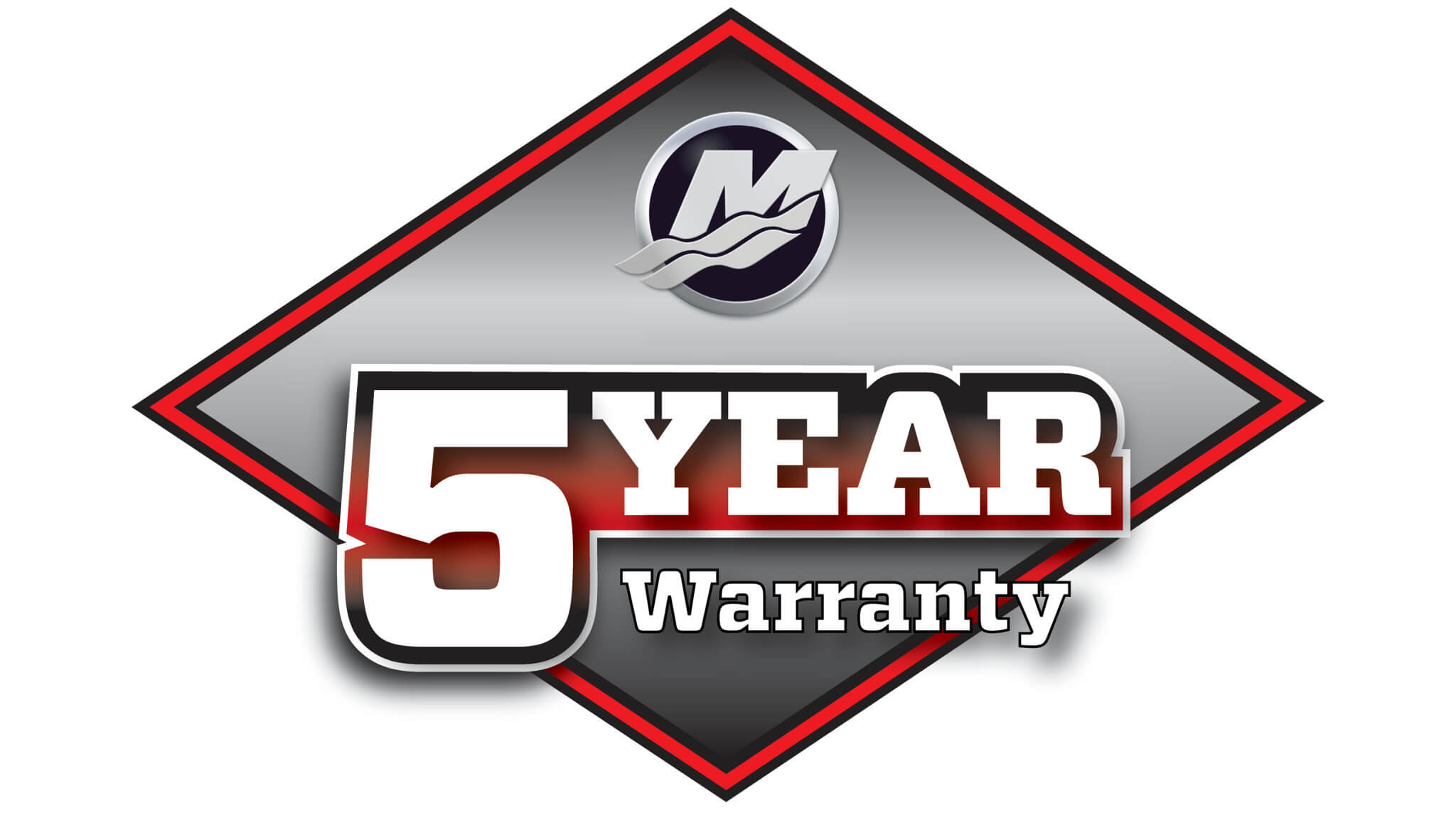Understanding Your Boat Engine Warranty
Introduction Purchasing a new boat or outboard motor is a significant investment, and ensuring it remains protected is essential. With numerous manufacturers offering varying warranties, it’s crucial to understand the terms and conditions of your boat engine warranty. A comprehensive understanding of what’s covered can save you time, money, and frustration if issues arise.
Know Your Coverage
Comparing Warranties When evaluating boats or engines, many buyers focus on specifications and price while overlooking warranty details. However, warranties can differ significantly between manufacturers—some offer lifetime guarantees, while others provide limited protection for just a year. If you’re comparing two similar options, always prioritize the one with a more comprehensive warranty.
Registering Your Warranty After purchasing your boat or engine, promptly fill out and submit the warranty registration cards provided. Failing to register your warranty could render it invalid when you need it most.
Warranties for Used Boats
Even if you’re purchasing a used boat, you may still benefit from an active warranty, provided it hasn’t expired. Here’s what to do:
- Confirm with the seller if the warranty is still valid.
- Contact the manufacturer to inquire about transferring the warranty to your name.
- Be prepared to pay a small transfer fee, which is often worth the long-term savings.
Note that not all manufacturers allow warranty transfers, so always check their policy in advance.
Understanding Warranty Limitations
Declining Coverage Warranties often come with limitations that can reduce coverage over time. For example:
- Some warranties base coverage on engine usage hours or age.
- Others require mandatory servicing at specific intervals; failing to comply could void your warranty.
Service Requirements Many warranties mandate returning the boat or engine to the manufacturer or an authorized service center after a certain period for adjustments and inspections. Ignoring this requirement could result in losing warranty protection.
Using Your Warranty
When a fault arises, knowing the proper procedure can streamline the process and minimize disruptions.
Steps to File a Claim
- Complete the warranty claim form provided by the manufacturer.
- Contact the manufacturer to discuss the issue and verify next steps.
What to Expect Depending on the manufacturer, the resolution process may include:
- Sending a technician to your location for repairs.
- Asking you to obtain repair quotes from local boat maintenance yards.
- Requiring you to transport the boat or engine to an authorized service center.
If transportation is necessary, be aware that you may need to cover the costs. For boats manufactured overseas, this could become a complicated and costly endeavor.
Record Keeping for Repairs
Maintaining detailed records of all repairs performed under warranty is essential. This includes:
- Copies of all correspondence with the supplier, manufacturer, and service centers.
- Invoices and receipts for repairs or inspections.
Having thorough documentation can strengthen your case if recurring issues arise, potentially justifying a replacement.
Extended Warranties and Additional Protection
As your warranty nears its expiration date, consider purchasing an extended warranty. However, note that extended warranties may not offer the same level of coverage as the original.
For extra peace of mind, you can also explore additional boat damage protection plans to supplement your warranty. This ensures that you’re adequately covered even when unexpected issues arise.
Final Thoughts
Your boat or engine warranty is a legally binding document that protects your investment. Understanding the terms, limitations, and procedures outlined in the warranty ensures you maximize its benefits and avoid unnecessary expenses. By staying informed and proactive, you can safeguard your boat’s performance and longevity for years to come.
📞 Contact Your Manufacturer
If you have questions about your warranty or its coverage, reach out to your manufacturer directly for clarification. Don’t wait until an issue arises to familiarize yourself with your rights and responsibilities.
Protect your boat. Protect your investment.

